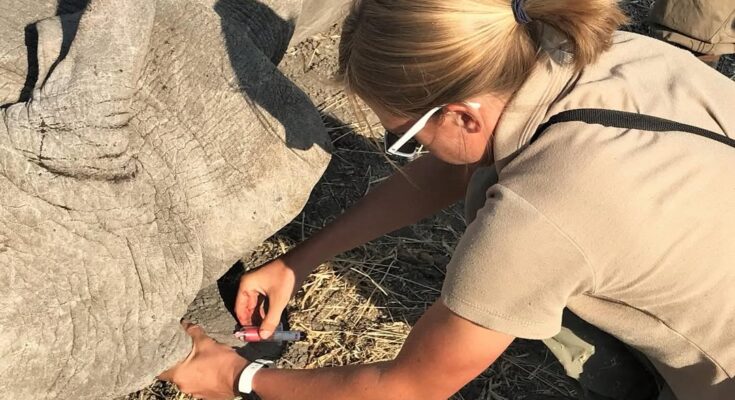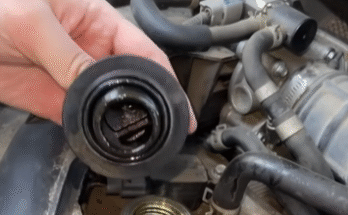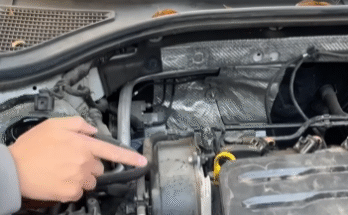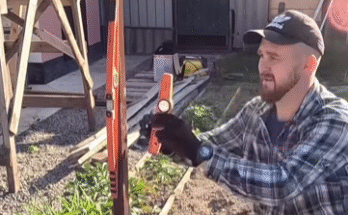Join Our Rhino Dehorning Mission in Namibia – A 7-Day RACE-Accredited Course Where You’re Not Just Learning… You’re Saving Lives
🩺 For vet students, technicians, and nurses ready to step out of the classroom and into the wild.
💉 Help dehorn rhinos to protect them from poaching
📚 Train with expert wildlife vets
🌿 Camp out in the African bush, not a lecture hall
🔥 End the day with campfires, culture, and new lifelong friends
This is your chance to be part of the solution – not just a spectator.
Drop a 🦏 if you’re ready to DO, not just watch.
Credit: https://www.instagram.com/worldwidevets/
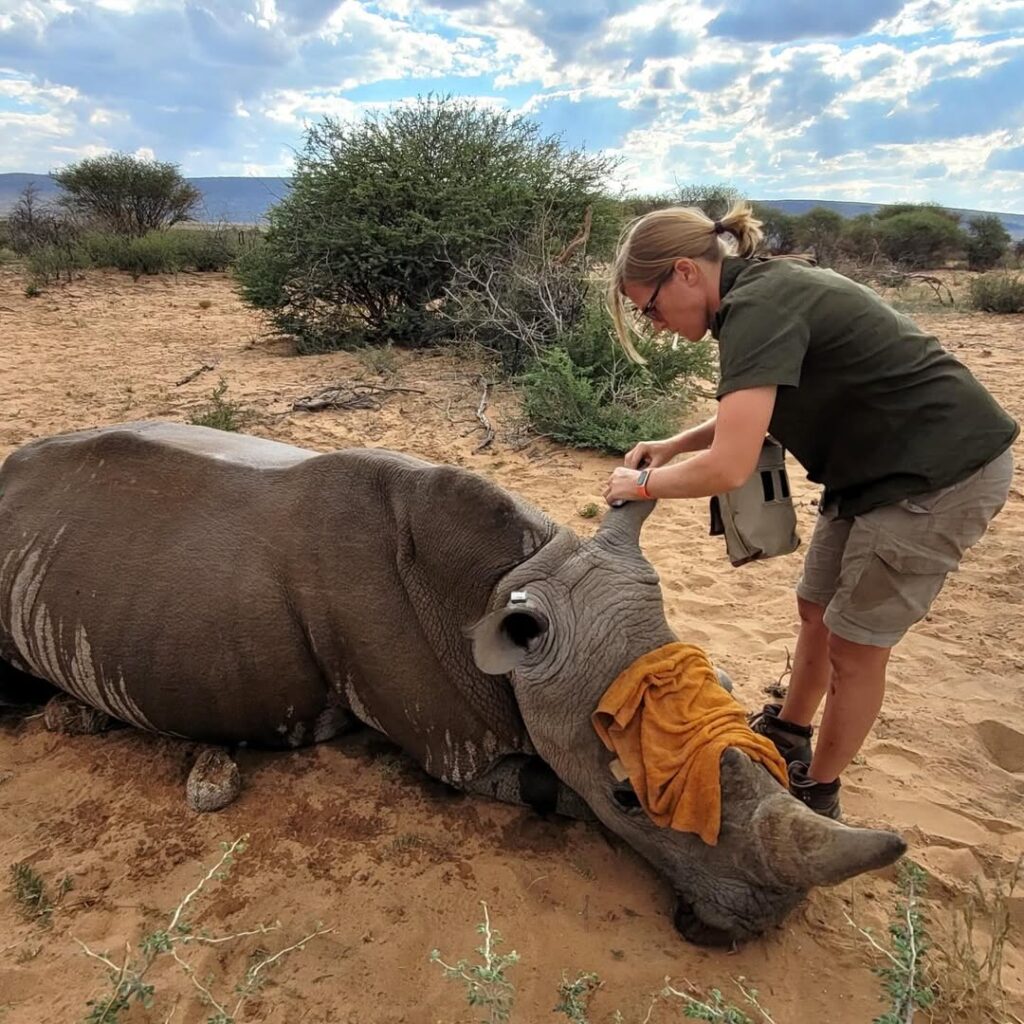
The sun rises slowly over the Namibian savannah, painting the sky in hues of gold and deep orange. A distant lion’s roar echoes through the bush. Birds begin their morning calls, and a soft breeze stirs the dry grass. In this quiet moment, a team of conservationists stands ready. Drones are in the air, veterinarians check their gear, and the hum of the helicopter grows louder on the horizon.
Welcome to day one of the Rhino Dehorning Mission.
This isn’t a safari.
This is action.
This is conservation with purpose.
This is doing.
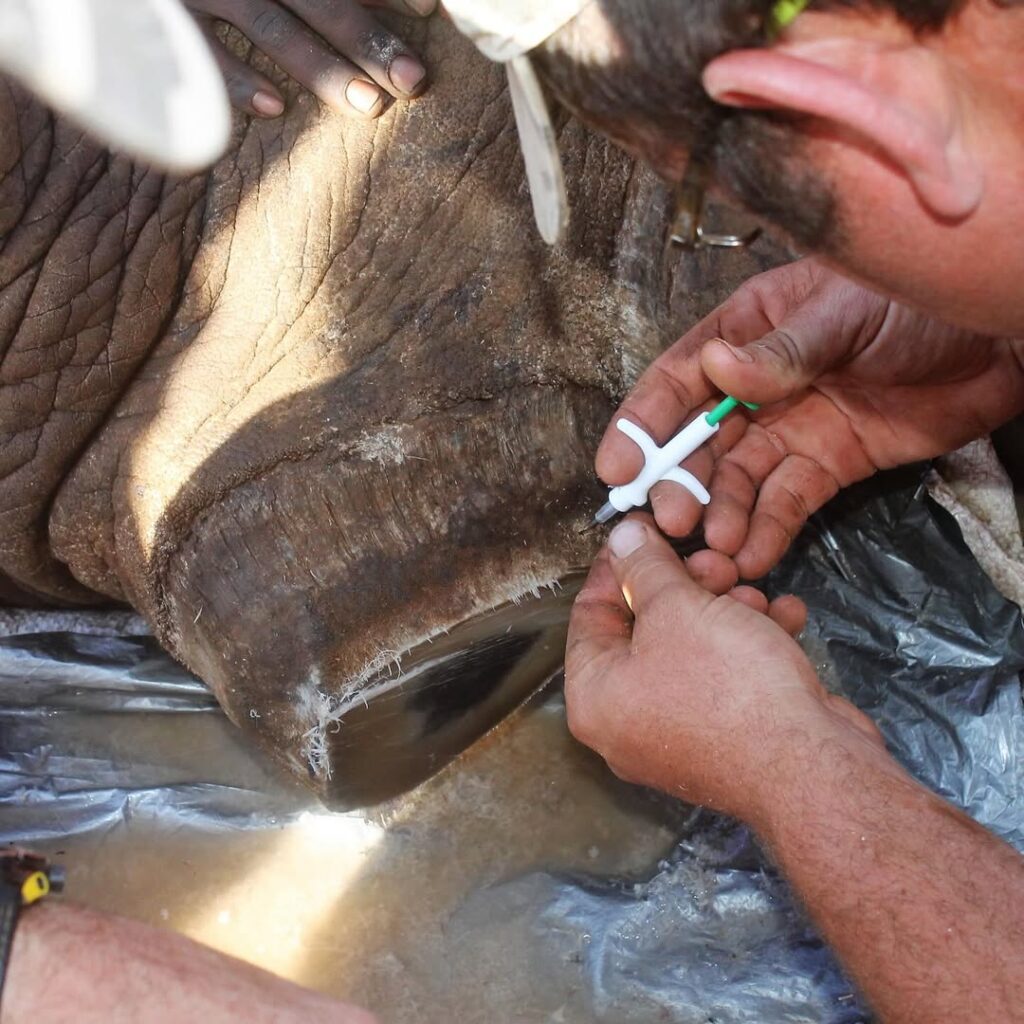
Why Dehorning?
To the untrained eye, the idea of removing a rhino’s horn might seem cruel or unnatural. But in Namibia, where poaching continues to threaten these ancient creatures, dehorning is a life-saving intervention. Poachers don’t care about the rhino—only the horn. By safely removing it, we make rhinos less of a target. Horns grow back, but a rhino’s life, once taken, is gone forever.
This seven-day, RACE-accredited course combines veterinary education, hands-on wildlife fieldwork, and real conservation impact. It’s designed for veterinary professionals, students, conservationists, and anyone passionate about protecting Africa’s endangered megafauna.
Safari is watching. But here, you’re more than a witness. You’re a protector.
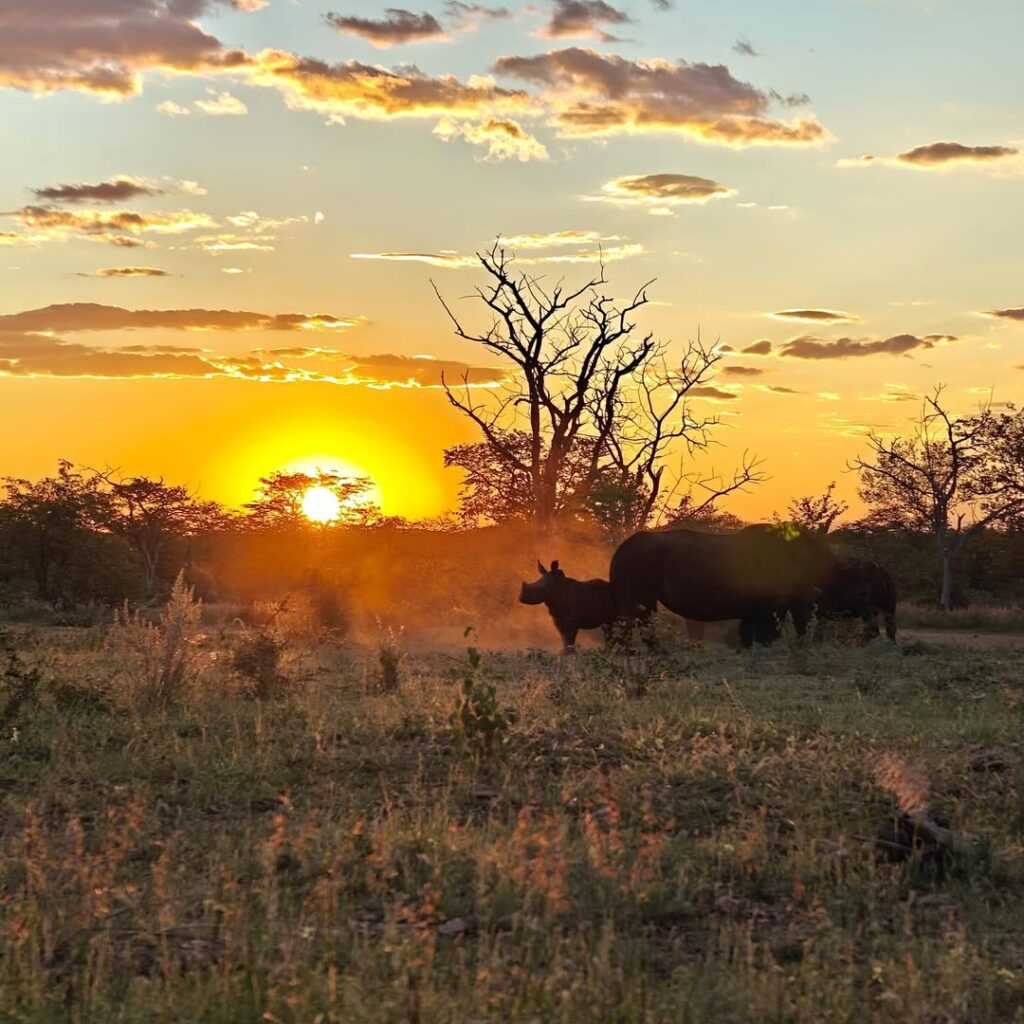
The Mission Begins
Participants from around the world gather at a private reserve in northern Namibia. Some are seasoned vets; others are students eager to learn. But they all share one goal: to make a difference.
After a welcome briefing and safety training, the first day involves classroom instruction. You’ll learn about rhino anatomy, tracking methods, and sedation protocols. Conservationists share real stories of loss, survival, and hope. Every detail is meaningful. Every step is part of a bigger fight.
By day two, the classroom gives way to the bush.
A signal comes in—rangers have spotted a solitary black rhino in a remote corner of the reserve. The team gears up quickly. Sedation darts are prepared with precision. A helicopter takes off, its blades slicing through the sky, as the ground team jumps into 4x4s and speeds toward the location.
From above, the pilot radios: “Target in sight. Moving in.”
The vet fires. The dart hits.
The chase begins.
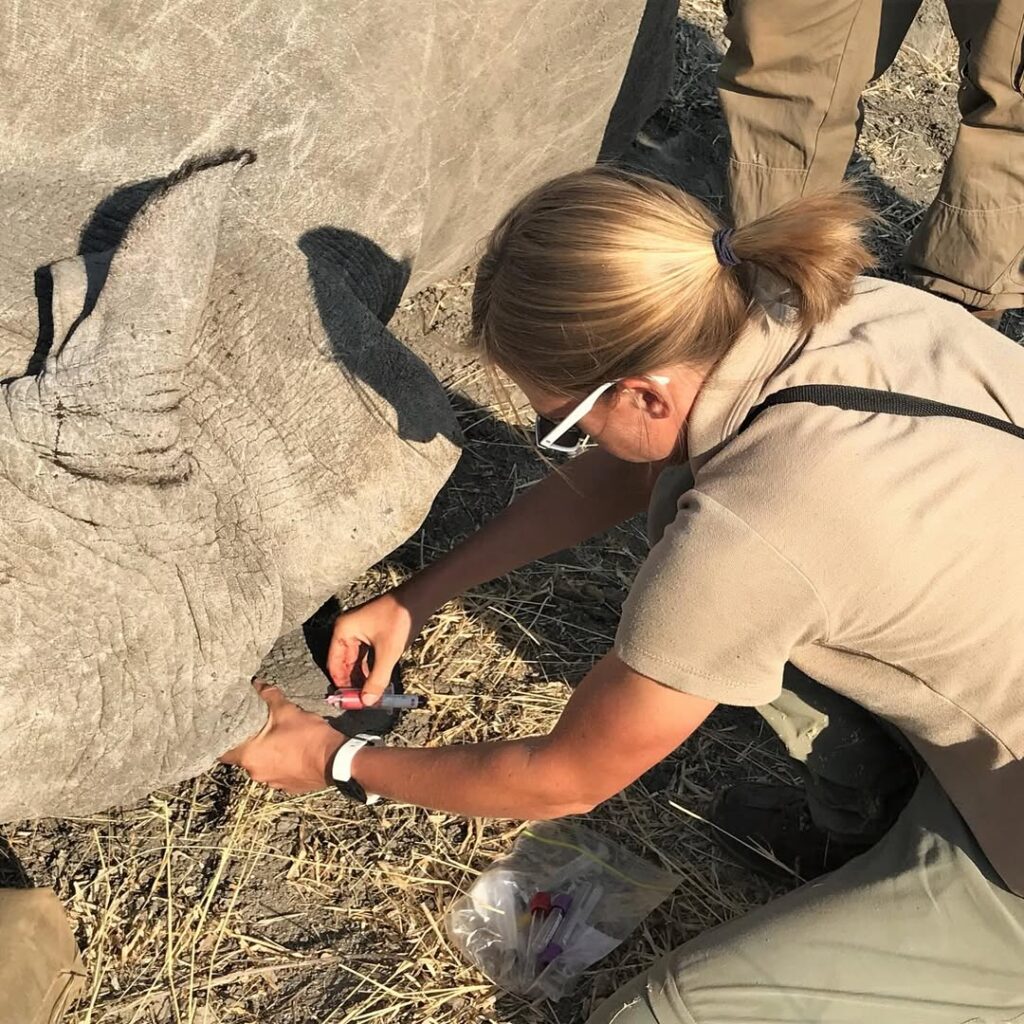
But it doesn’t last long. Within minutes, the rhino slows, then gently falls to the ground. The team rushes in. Every second counts. Vitals are monitored. Blindfolds are placed to reduce stress. The dehorning begins—fast, clean, and precise.
The horn is carefully removed using veterinary tools, leaving enough behind to prevent harm and ensure regrowth. Blood is minimal. Pain is minimal. But the impact? Massive.
You kneel beside this magnificent animal, feeling its heartbeat under your gloved hand. You help clean the wound. You watch as the sedative is reversed. The rhino stirs, rises slowly, and trots off into the brush—lighter, safer, alive.
One less target for poachers.
One more life protected.
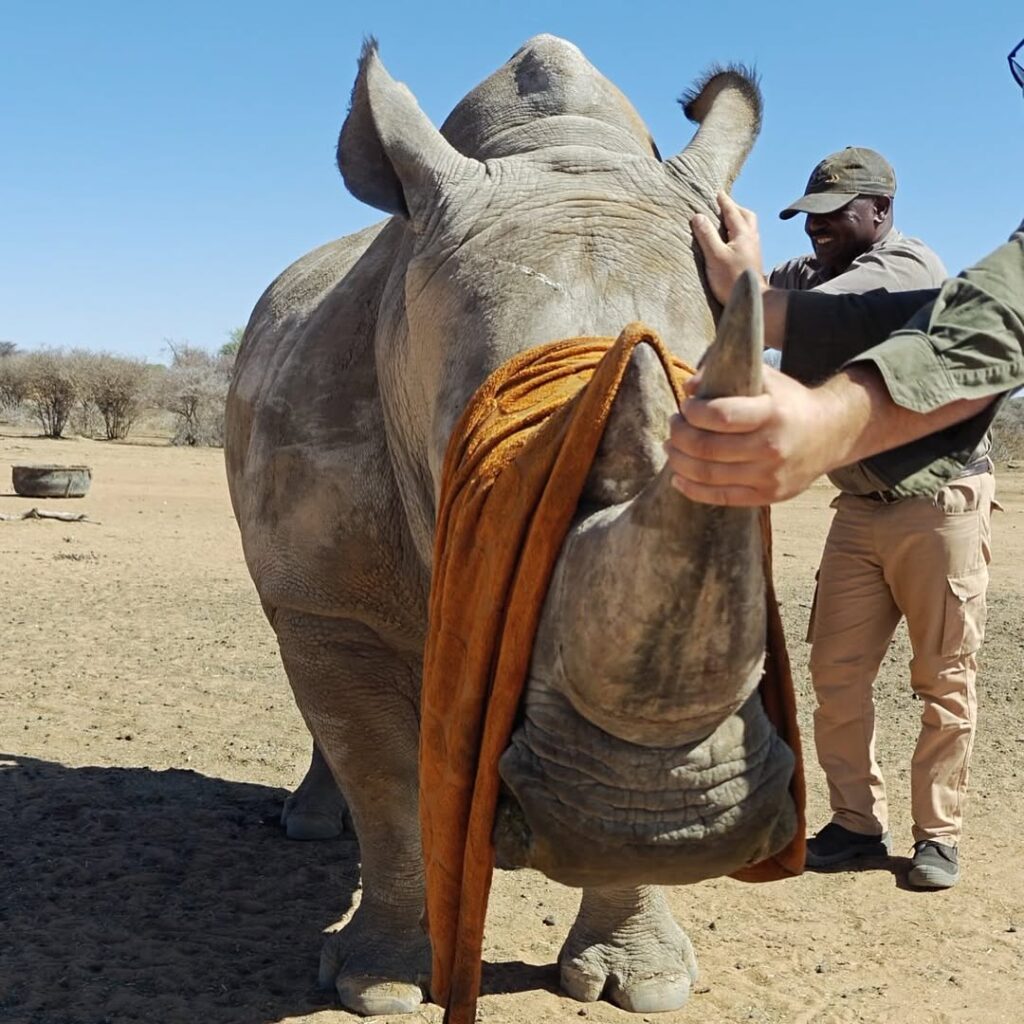
Learning on the Frontlines
Each day offers a new challenge. You’ll help dart rhinos from helicopters, assist with horn removal, monitor post-op recovery, and collect biological samples for genetic research. You’ll learn how to track rhinos using telemetry and understand how their behavior shifts with seasons, droughts, and threats.
Evenings are for reflection and fireside discussions. Under a sky full of stars, you’ll share stories, ask questions, and bond with teammates who came as strangers but now feel like family.
Throughout the week, experts guide you with patience and purpose. From seasoned wildlife vets to anti-poaching rangers, each person you meet teaches you something valuable. You’re not just observing conservation—you’re becoming part of it.
Beyond the Rhino
This mission is about rhinos, yes. But it’s also about what they represent.
To save a species is to save an ecosystem. By protecting rhinos, you’re preserving water holes, protecting smaller animals, and keeping poaching networks from flourishing. You’re strengthening local communities who benefit from sustainable eco-tourism and jobs in conservation.
You’re also growing—sharpening your veterinary skills, deepening your knowledge of field medicine, and reconnecting with the wild world in a way that textbooks never could.
And through it all, you’re being watched.
Not just by your instructors, or the wildlife cameras scattered across the land.
But by the land itself.
By the giraffes watching from the trees.
By the elephants passing through the bush.
By the leopard perched in silence.
Safari is watching.
The Final Day
As your final morning begins, the helicopter lifts off for one last mission. It’s hot. Dust rises in waves. You’re tired, sore, maybe sunburned—but you’re also more alive than you’ve ever felt.
The last rhino of the week is found. The procedure is smooth, efficient, and calm. As you kneel beside it, wiping sweat from your brow, you feel something deeper than satisfaction. You feel connection. You feel purpose.
And when the rhino rises and vanishes into the golden light, it takes part of your heart with it.
You return to base camp with dusty boots and a full soul. You’ll get your certificate, of course—a hard-earned symbol of your new knowledge and experience. But more importantly, you’ll carry a story. A memory. A mission that doesn’t end here.
Because once you’ve seen the wild up close…
Once you’ve saved a life with your own hands…
You don’t go back the same.
Join Us
This is more than a course.
It’s more than travel.
It’s more than adventure.
It’s conservation in motion. It’s education with teeth. It’s action with meaning.
So if your heart beats faster at the sound of a helicopter, if you’ve ever dreamed of standing beside a sleeping giant and knowing you’re making a difference…
Then don’t just go on safari.
Join the mission.
Change the world.
And never forget what it feels like to say:
“I didn’t just watch. I did.”
🦏💥
